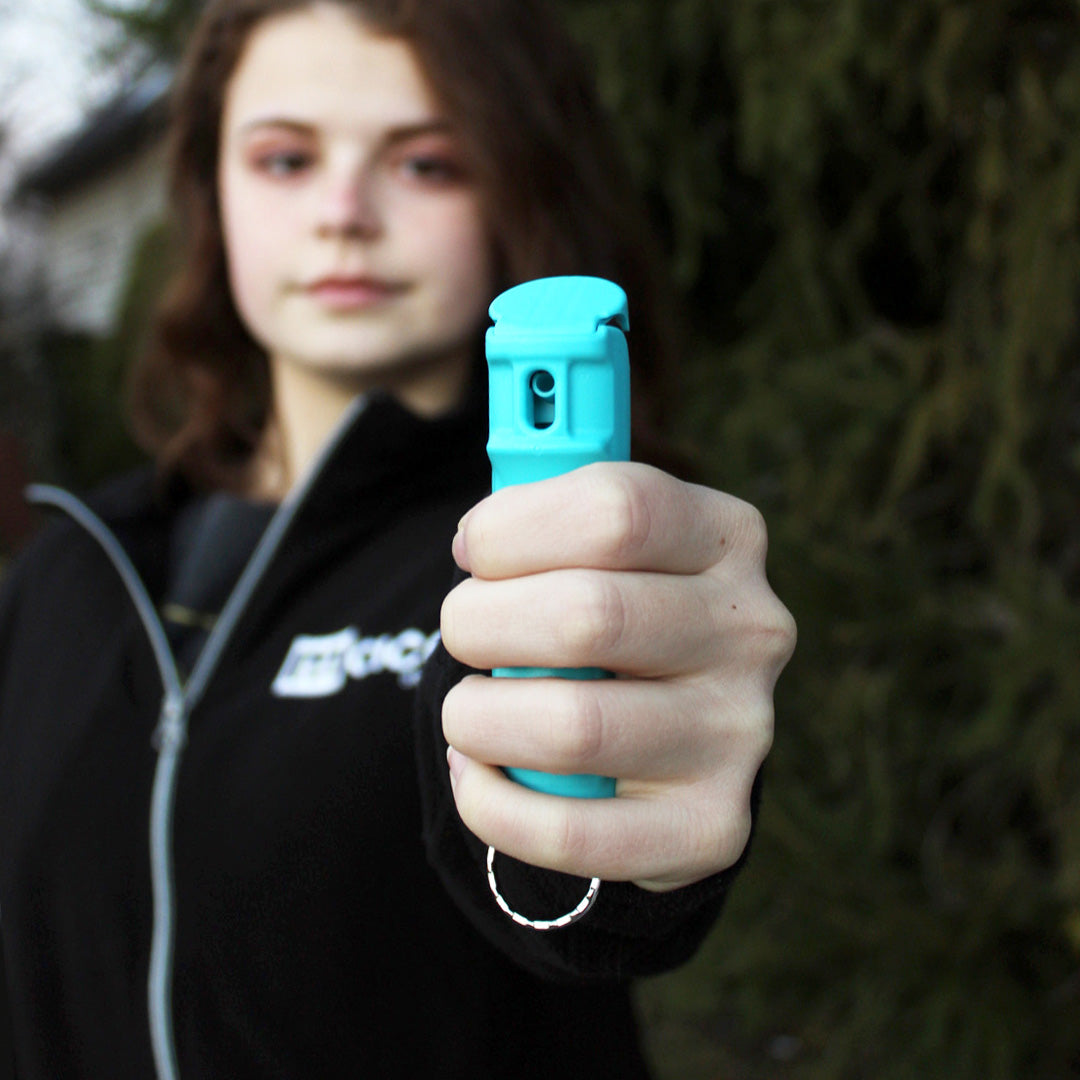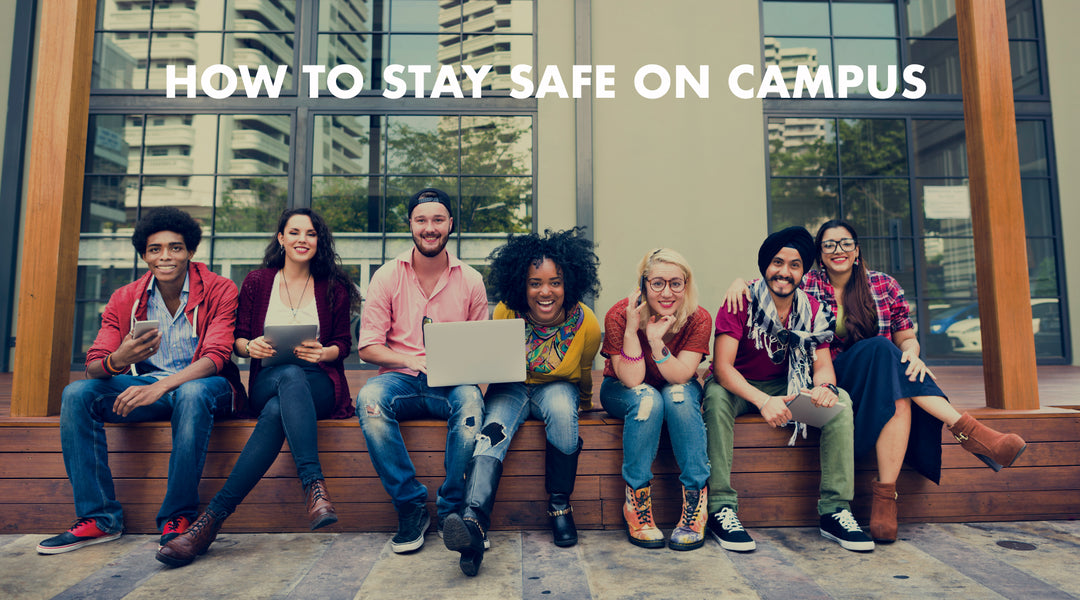Dog Bite Prevention - Tips to Keep Children Safe
We love dogs as much as you do. However, there are times when you or your family members may encounter a potentially harmful situation with a dog. Dogs bite more than 4.5 million people in the United States every year. Almost 1 in 5 bites require medical attention. (Source: American Veterinary Medical Association)
Children are the ones most likely to be bitten, and children are also far more likely to be severely injured by a dog bite.
Even the sweetest, cutest pet can bite if provoked. Remember, it's not a dog's breed that totally determines whether it will bite, but rather the dog's individual history and behavior.
For young children, most dog bites occur during everyday activities and while interacting with familiar dogs.
What can you do to keep your child safe while preventing dog bites? Let's take a look at why dogs bite and provide some useful information on dog and child safety.

WHY DO DOGS BITE?
Dogs bite for a variety of reasons, but most commonly as a reaction to something. If a dog finds itself in a stressful situation, it may bite to defend itself or its territory.
Dogs might also bite because they are not feeling well or they might bite to protect something valuable to them.
TEACH YOUR CHILDREN THE BASICS OF DOG SAFETY
- Never approach a barking, growling, or scared dog.
- Don't pet unfamiliar pets without asking permission from the dog's guardian first.
- Avoid leaving children 10 years and younger alone with a dog.
- Don't touch a dog who is sleeping or eating.
- Don't tease or chase a dog.
- Do not pet a dog without allowing it to see and sniff you first.
- If knocked over by a dog, roll into a ball and lie still with your hands over your ears.
- If bitten, immediately report the bite to an adult.
AVOID RISKY SITUATIONS
It's also very important to teach your child to avoid risky situations and to understand that sometimes dogs should be left alone, especially in these situations:
- If the dog is not with its owner.
- If the dog is with the owner, but the owner does not give permission to pet the dog.
- If the dog appears to be hiding or seeking time alone.
- If the dog is playing with a toy.

Remember, if a dog threatens you or your child, don't scream, avoid eye contact, try to remain still until the dog leaves, then back slowly away until the dog is out of sight.
The good news is most dog bites can be prevented. A well socialized and supervised pet is less likely to bite.

ADVICE FOR PET PARENTS
You can't guarantee that the family dog will never bite someone, even your own child, but there are many methods for preventing dog bites.
Be sure to adopt a dog from a well-managed shelter whose staff and volunteers and fill you in on the dog's background, personality, and behavior in the shelter.
Socialize your dog as soon as possible. Socializing is the opposite of isolating. It's important for puppies to meet, greet, and enjoy a variety of people, places, and things. Socializing helps dogs feel comfortable and friendly in various situations, as opposed to uncomfortable and potentially aggressive behavior.
Make your dog a part of the family and don't chain or tie the animal outside if at all possible.
Teaching dog and child safety is all about reducing risks.

It's also smart to equip family members with personal protection. Personal safety should always be on your mind.
A personal alarm from Mace® easily clips onto a child's backpack. The personal alarms also have a whistle in case your child needs help.

For adults, the Mace® Brand Muzzle Dog Repellent pepper spray can be used to stop an attacking dog, and it won't have any long lasting effects on the animal.

Mace® Brand is committed to providing community and family safety through individual empowerment. Personal safety and the safety of your family should always be a priority.
Another story you would enjoy: Hiking Safety Tips - Keeping You and Your Family Safe (mace.com)





Leave a comment